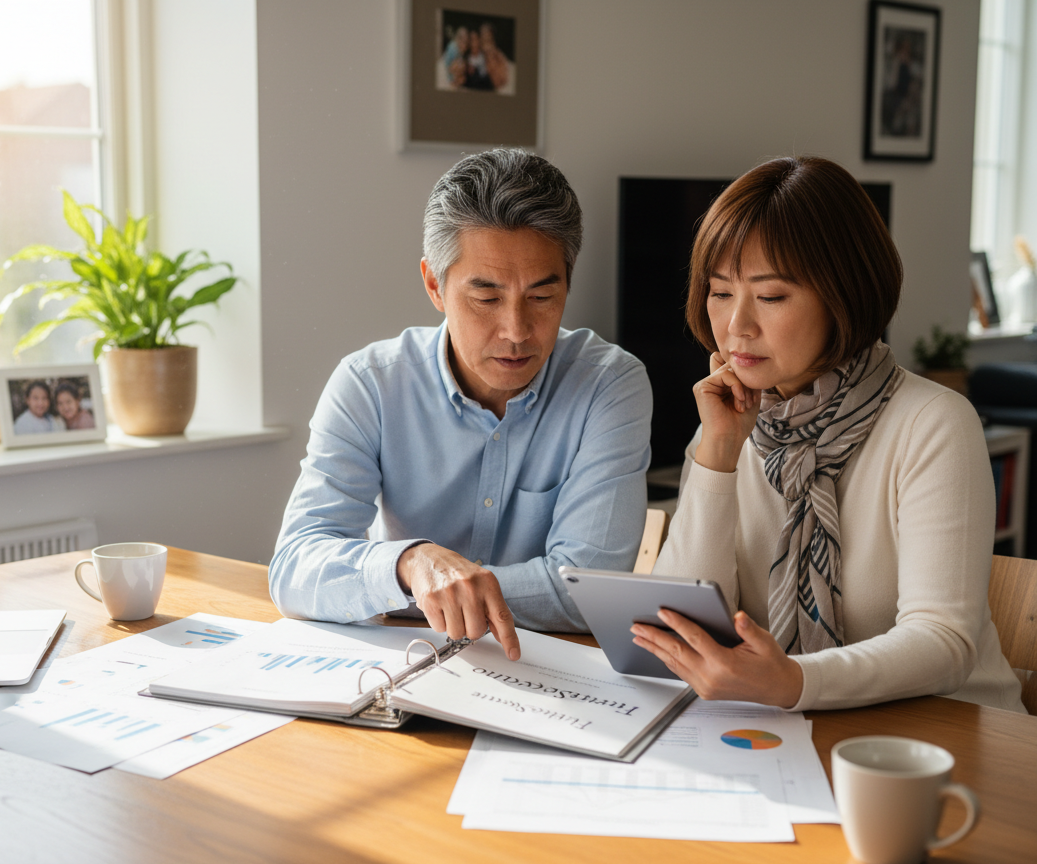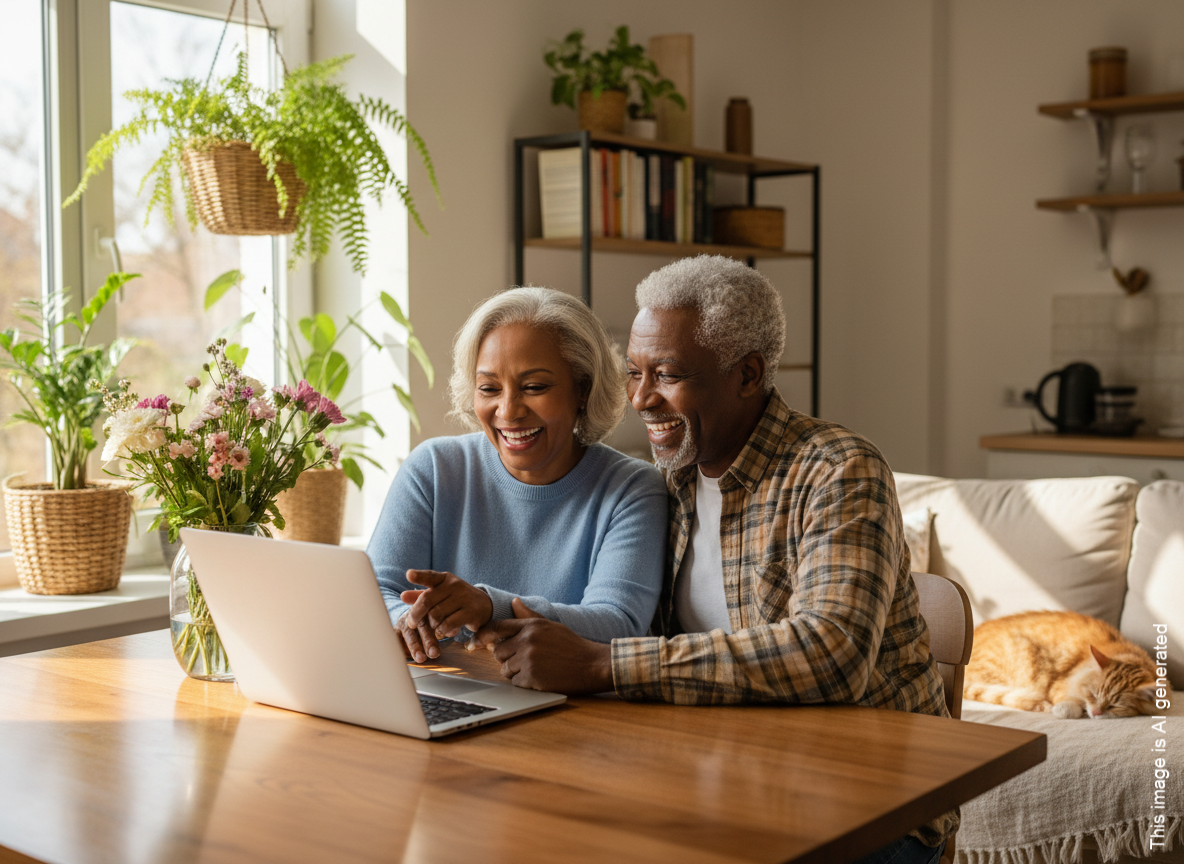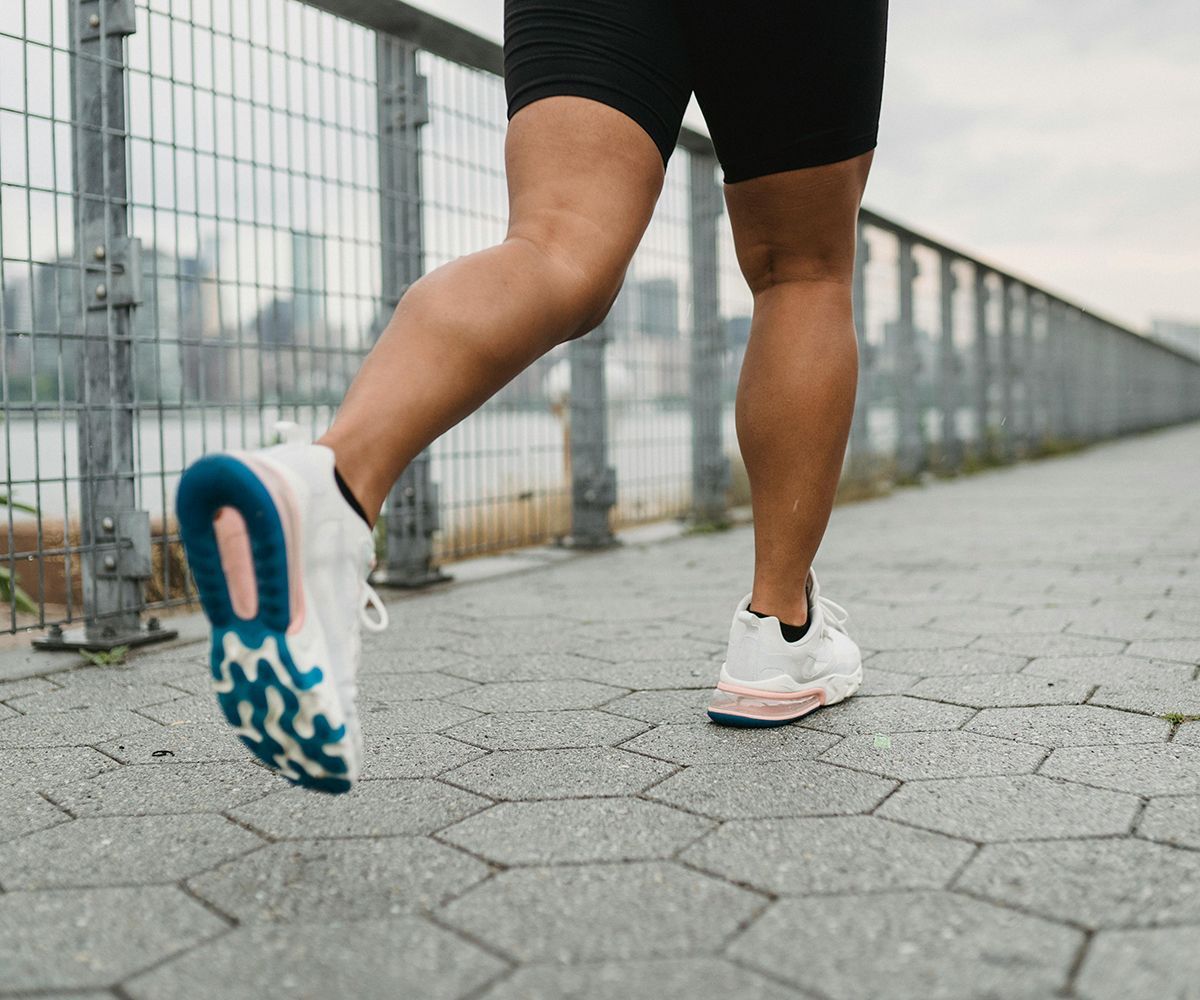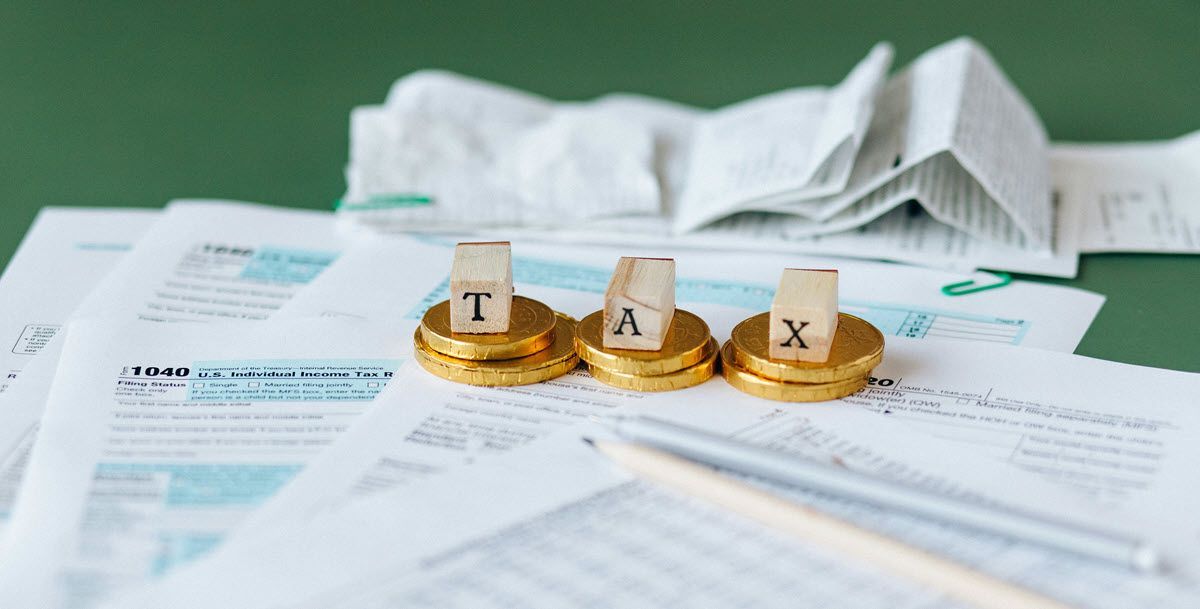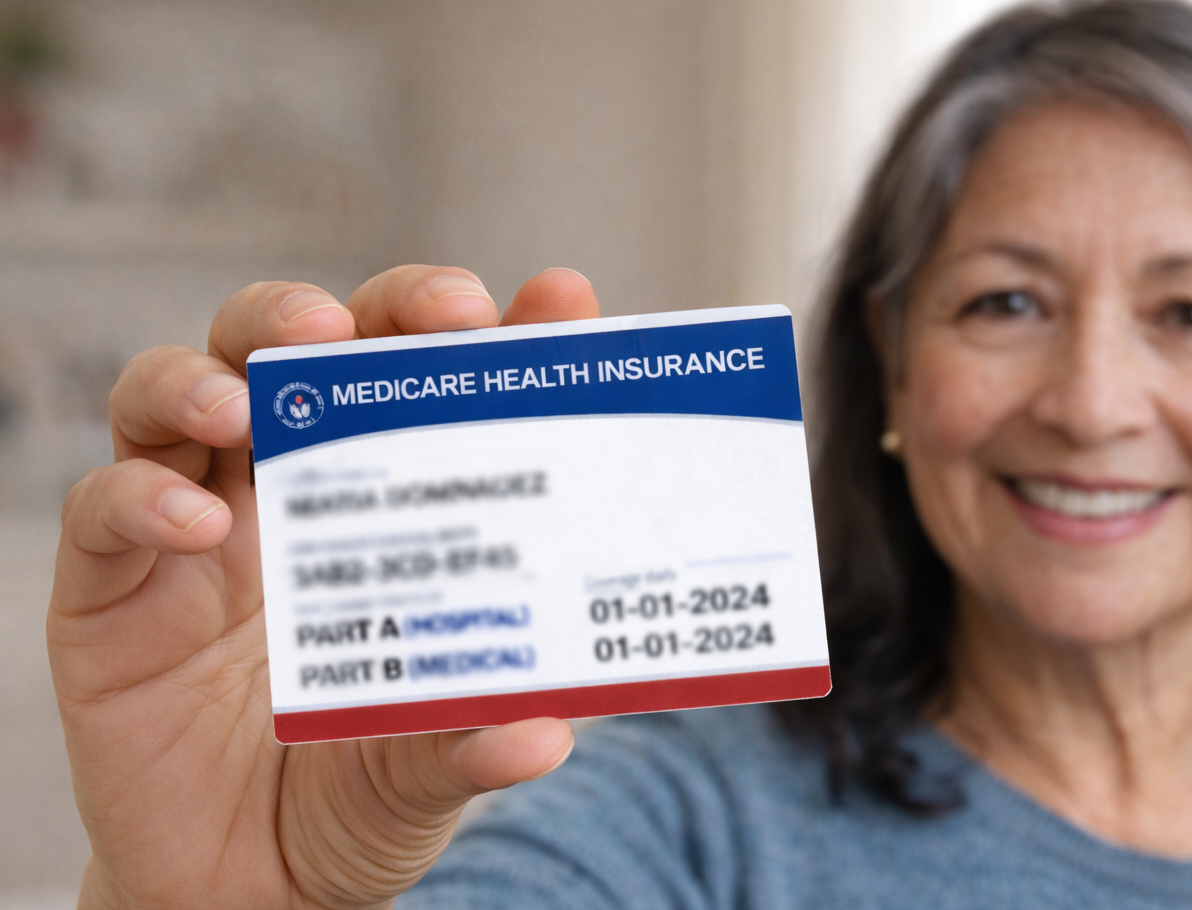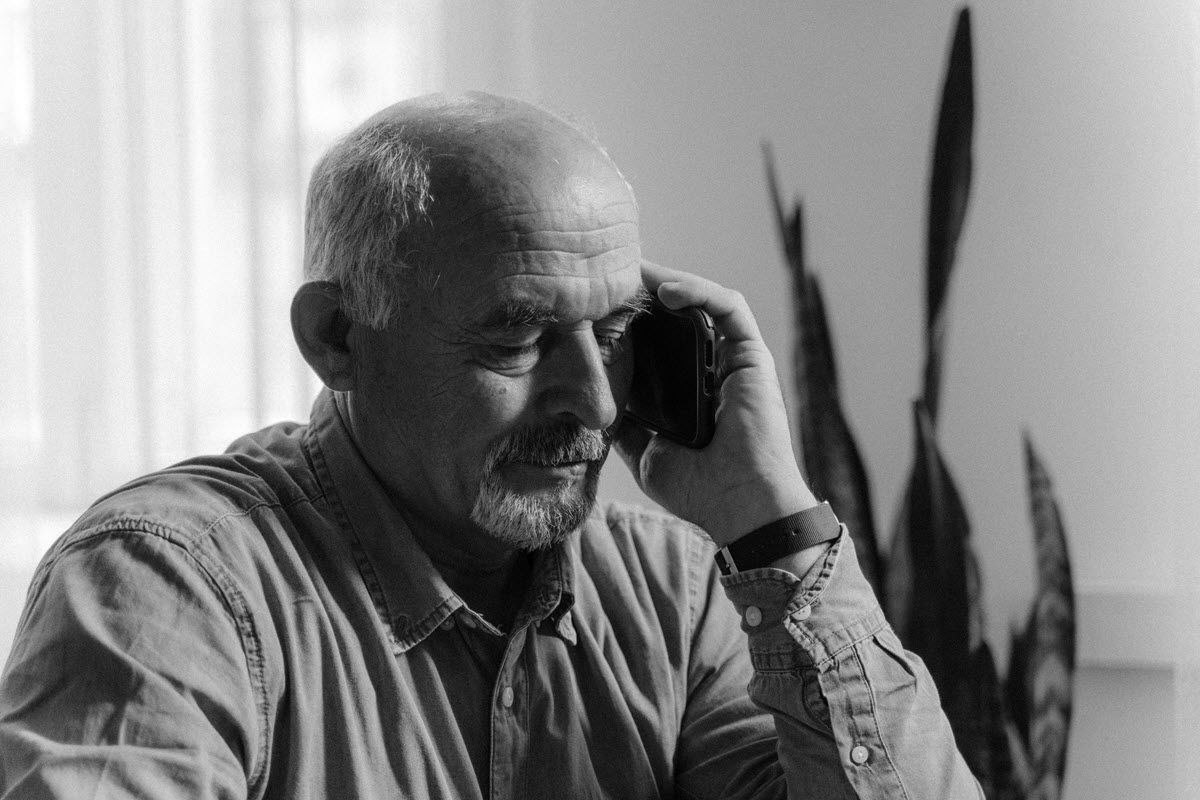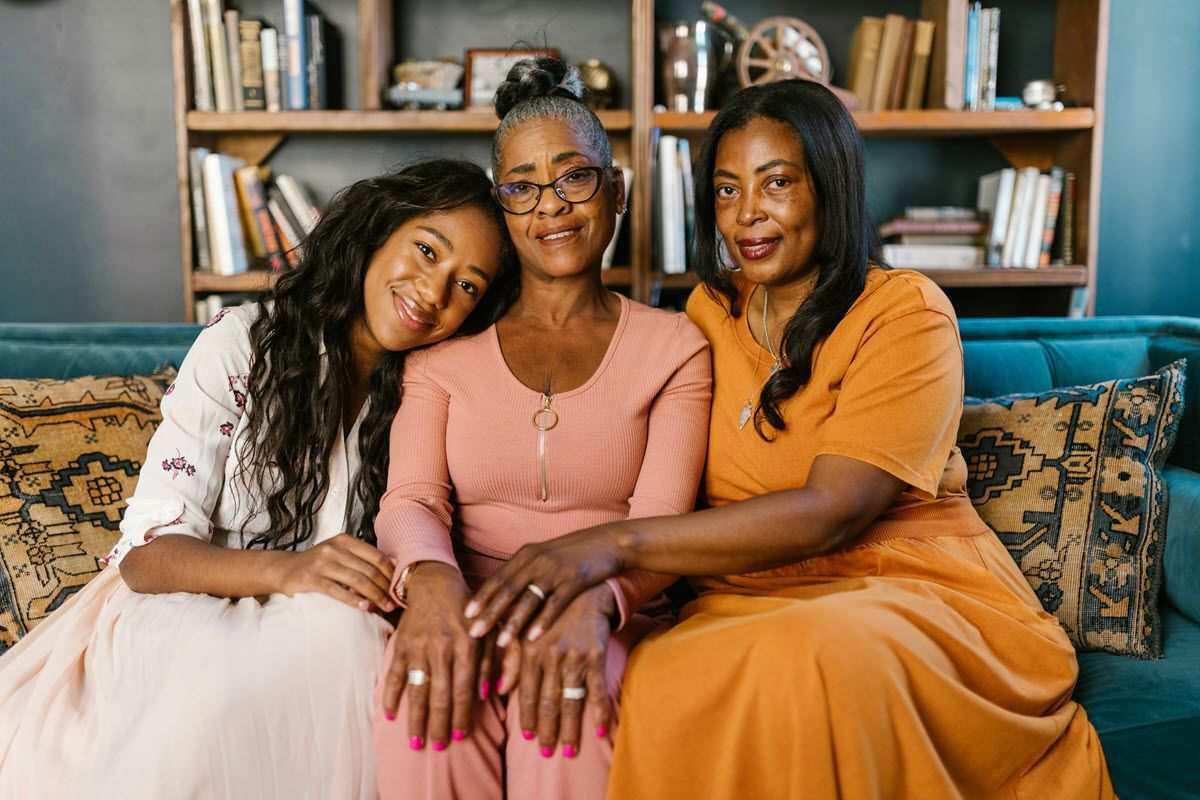Aging Well Through Movement
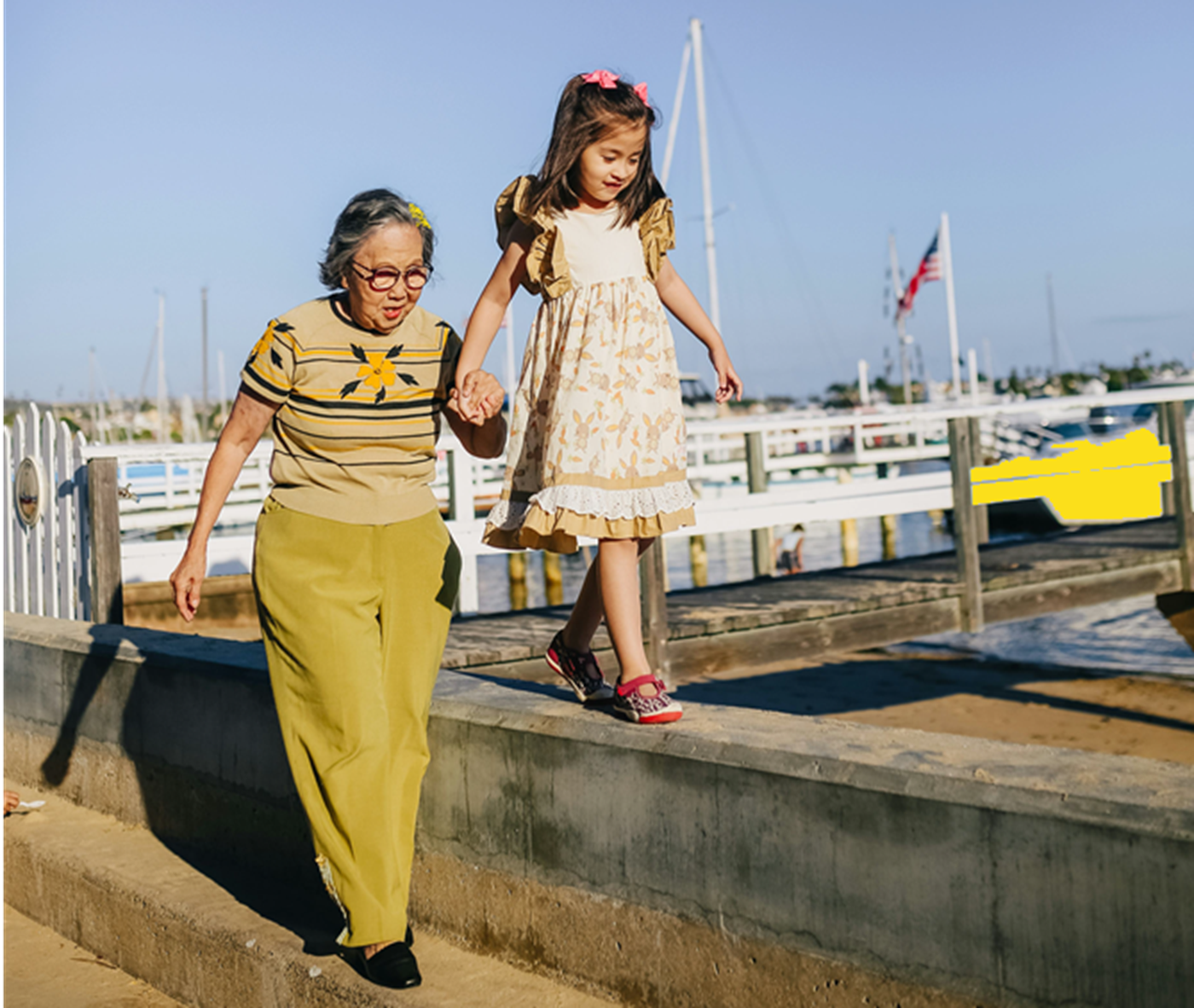
Aging Well Through Movement
As we age, staying active becomes increasingly important for maintaining health and vitality. No matter how old you are, exercise is one of the most effective ways to age gracefully, offering benefits that extend to the immune system, biological aging, brain health, and overall well-being.
If you haven't exercised for years, or never really have, now is a great time to start, particularly if you are starting to feel the effects of aging.
A little goes a long way and you can start slowly and build up over time. The most important thing is to start moving and keep moving. To understand how exercise can benefit you consider the following.
Exercise boosts immunity
A strong immune system becomes critical as we age, and exercise plays a significant role in maintaining it. A study by King's College London and the University of Birmingham, UK. found that people aged 55-79 who had longstanding exercise routines had immune systems comparable to much younger adults.
This research underscores the power of exercise in enhancing the body's ability to fend off illness.
Exercise slows down aging
Exercise doesn't just make you feel younger — it can actually slow down your biological clock. A study by Brigham Young University discovered that adults who ran 30 to 40 minutes a day, five days a week, had a biological aging advantage of nine years compared to their sedentary peers.
Regular aerobic exercise reduces inflammation and stress, two key factors that can make our biologoical clock move faster.
Exercise keeps the brain younger
Research published in the journal Neurology showed that moderate to vigorous physical activity is associated with improved cognitive function and a reduced risk of dementia.
Exercise increases blood flow to the brain, promoting the growth of new neurons and enhancing memory and decision-making.
Getting started
Choose activities you enjoy — Whether it's walking, swimming, yoga, or dancing, picking activities that you enjoy makes it easier to stick with your routine.
Join a group or class — Exercise with others provide social support and make the experience more fun.
Build up gradually — If you're new to exercise, ease into it to avoid injury. Begin with short sessions of low-intensity activity and gradually increase the duration and intensity as your fitness improves. The key is to start.
Incorporate strength training — Strength training is essential for maintaining muscle mass and bone density, both of which naturally decline with age. Use resistance bands, light weights, or bodyweight exercises to build strength safely.
Stay flexible — Exercises like yoga or tai chi can improve flexibility, balance and coordination, reducing the risk of falls and injuries. At a minimum, incorporate stretching into your workout routine.
Set realistic goals — Setting achievable goals, such as walking a certain number of steps per day or attending a fitness class twice a week, can help you stay motivated and track your progress.
The takeaway
The key to taking up exercise is to go at a pace that's comfortable for you. It's not about hitting the gym and getting shredded.
Instead, build a habit of exercise, whether it's vigorous or not, and you'll notice that you feel better, are more flexible, and you will notice improvements in your mental and physical health.
